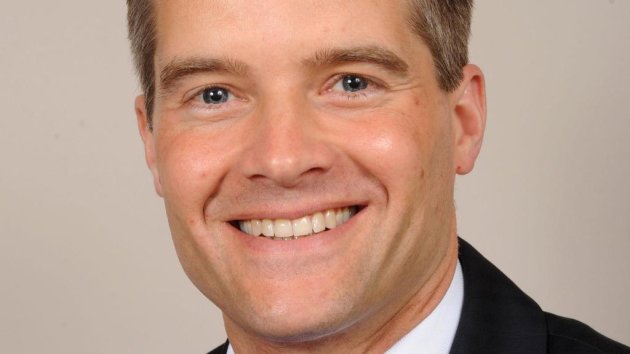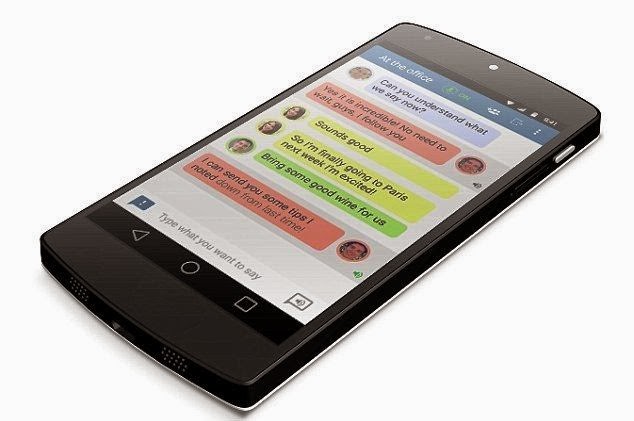The study mentioned mobility as one of the major limitations for the visually-impaired workers to be involved in a job
Approximately 10% Bangladeshis have some form of disability, with most of them remaining illiterate and unemployed, a survey has found.
Conducted by the Physically Challenged Development Foundation (PDF), the survey titled “Census of the differently-abled: Exploring students with disabilities in the context of public universities,” also found that 70% of the disabled people were uneducated.
The survey – conducted on 160 participants from seven private institutions – found that students with disabilities had less access to health facilities, while wrong treatment during early stages of life had led to the disabilities of some of the students or had caused their conditions to deteriorate.
The survey also found that diseases had caused the disabilities of around 47% of the participating students, 37% were disabled since birth, 7% were disable because of wrong treatment and 13% because of accident.
At the university-level, the disabled students faced challenges including the lack of accessible transport system or reading materials like Braille books, and had to face troubles regarding Srutilekhok (persons who assisted the visually-impaired to write in exams). Teachers were also involved in teasing the disabled students, the survey found.
Of the participants, 94 said they were not satisfied with the quota system for the disabled people and 112 thought that girls with disabilities faced more problems than a boy. At the universities, there was also no special canteen, bathroom, or health facilities for the disabled people.
The census found that 18% of the disabled students targeted jobs under the BCS exams, 23% preferred other government jobs, 14% went for NGO jobs, 17% chose the business sector, 11% picked teaching, and 4% selected law as their professions.
The study mentioned mobility as one of the major limitations for the visually-impaired workers to be involved in a job.
Around 85% of the disabled students were motivated by their mothers, 9% by family members, 4% by teachers and 1% by others.
The survey also mentioned that female students became victims of sexual harassment and molestation on the road or in public places, as well as being teased for their disabilities.
The census also recommended special initiatives for the disabled students including providing notes and books in Braille, recruiting Srutilekhok, arranging wheelchairs and special rickshaws, introducing separate computer rooms with recorders, and providing special counselling by psychiatric and primary health caregivers.
Recommendations were also made to directly recruit the disabled people in some government jobs, to establish a Disabled Youth Leadership Training & Rehabilitation Centre, and to develop a national plan of action for students with disabilities.
Source : Dhaka Tribune , 20th Oct 2014
Approximately 10% Bangladeshis have some form of disability, with most of them remaining illiterate and unemployed, a survey has found.
Conducted by the Physically Challenged Development Foundation (PDF), the survey titled “Census of the differently-abled: Exploring students with disabilities in the context of public universities,” also found that 70% of the disabled people were uneducated.
The survey – conducted on 160 participants from seven private institutions – found that students with disabilities had less access to health facilities, while wrong treatment during early stages of life had led to the disabilities of some of the students or had caused their conditions to deteriorate.
The survey also found that diseases had caused the disabilities of around 47% of the participating students, 37% were disabled since birth, 7% were disable because of wrong treatment and 13% because of accident.
At the university-level, the disabled students faced challenges including the lack of accessible transport system or reading materials like Braille books, and had to face troubles regarding Srutilekhok (persons who assisted the visually-impaired to write in exams). Teachers were also involved in teasing the disabled students, the survey found.
Of the participants, 94 said they were not satisfied with the quota system for the disabled people and 112 thought that girls with disabilities faced more problems than a boy. At the universities, there was also no special canteen, bathroom, or health facilities for the disabled people.
The census found that 18% of the disabled students targeted jobs under the BCS exams, 23% preferred other government jobs, 14% went for NGO jobs, 17% chose the business sector, 11% picked teaching, and 4% selected law as their professions.
The study mentioned mobility as one of the major limitations for the visually-impaired workers to be involved in a job.
Around 85% of the disabled students were motivated by their mothers, 9% by family members, 4% by teachers and 1% by others.
The survey also mentioned that female students became victims of sexual harassment and molestation on the road or in public places, as well as being teased for their disabilities.
The census also recommended special initiatives for the disabled students including providing notes and books in Braille, recruiting Srutilekhok, arranging wheelchairs and special rickshaws, introducing separate computer rooms with recorders, and providing special counselling by psychiatric and primary health caregivers.
Recommendations were also made to directly recruit the disabled people in some government jobs, to establish a Disabled Youth Leadership Training & Rehabilitation Centre, and to develop a national plan of action for students with disabilities.
Source : Dhaka Tribune , 20th Oct 2014






















